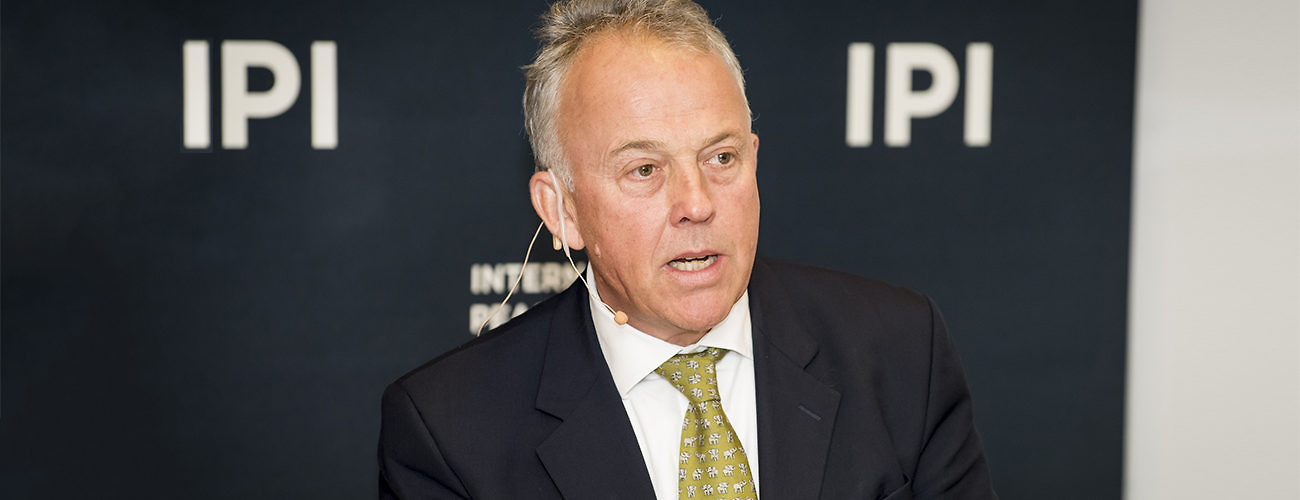The head of the United Nations’ mission in Somalia told an IPI audience on January 24th that there was now a “massive political mobilization” in the long fractured country that might produce its first national government in 26 years.
“Even though the process has been very messy, the outcomes of it have been very positive and could bode well for Somalia to address some of the problems it faces,” said Michael Keating, Special Representative of the Secretary-General for Somalia and head of UNSOM.
He said a newly elected parliament was bicameral, with a lower house formed along clan lines, and an upper house reflecting geographic representations of the country’s states.
He said that 25% of the new parliamentarians are women, and added “Six months ago, we were anticipating that the electoral process would literally be blown up by al-Shabaab. That has not happened.”
However, the day after the event was held, 28 were killed in a coordinated attack carried out by al-Shabaab, an Islamist terror group, at a hotel near the national parliament in Somalia’s capital, Mogadishu. Attackers stormed the gates of the Dayah Hotel, exchanging gunfire, and then set off a car bomb as emergency crews and journalists rushed to the scene.
A massive drought affecting the whole Horn of Africa region is the biggest challenge socio-economically, he said. He called a recent pre-famine warning alarming, and said that without raising at least $300 million in the ongoing drought response appeal, “many of the political gains that have been made over the last years will be challenged by the drought if it turns into something more serious.”
Another effect of the drought will be citizens forced to leave their homes due to natural disaster. He described the UN’s calculation of 1.1 million currently displaced as very conservative, and estimates the drought will cause “the number of people displaced to shoot up.”
Despite all these challenges, Somalia is “actually potentially quite a rich country,” he said. “Leaving aside the prospects of oil and gas, it has one of the biggest livestock populations in the world, it’s got plenty of sun, plenty of wind, a couple of fantastic rivers, potential energy. Somalis are great traders, and they’ve got an amazing global network through the diaspora; they’re very good at business.”
However, the situation is very fragile, he said. “That economic activity has not translated to revenue for the state because the state does not yet have the capacity to give the private sector what it wants, which is security, rule of law, and investment in things like infrastructure, and vocational training. That has to be high on the agenda.”
He listed three needs of the African Union Mission to Somalia (AMISOM), a peacekeeping mission operated by the AU in Somalia with approval by the UN: making sure the funding stream is predictable and that AMISOM is operationally capable and able to respond to the changing nature of the security threat, while also managing the horizon if AMISOM countries withdraw (orderly) from Somalia.
“The most important thing for Somalia from a state-building view, a security perspective, and even an economic point of view, is that the Somalis need to take primary responsibility for their own security,” he said. “That means developing security forces which are trusted by the population. This is not about training guys with guns— it’s about the political basis upon which this country emerging from 26 years of civil war can establish an army, police force, intelligence services, maritime forces, that is acceptable to all the clans, acceptable to the regions, and has the confidence of the population.”
The event was held as part of IPI’s Special Representatives of the Secretary-General (SRSG) Series.
John Hirsch, Senior Advisor at IPI, moderated the conversation.








